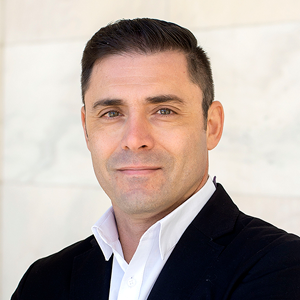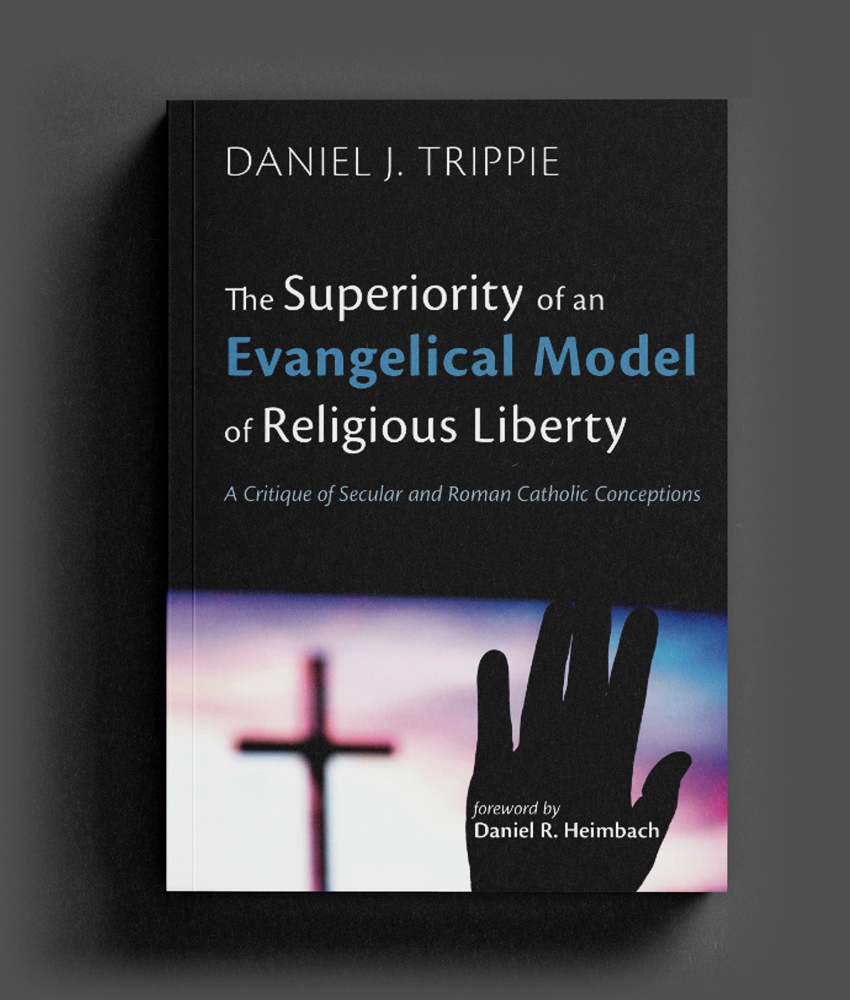Covid-19 is unearthing the best and worst in people. I am encouraged to see neighbors caring for neighbors. I am inspired when businesses donate medical supplies and services. I can’t help but feel nostalgic when I see families working on jig-saw puzzles and playing board games. Covid-19 is revealing our humanity.
And yet I am saddened to see an elderly neighbor behind a shopping cart. I am disheartened when colleagues scream at one another over insignificant business dealings. I worry when I see youthful hubris packing the beaches and the bars. Covid-19 is also revealing our duplicity.
Nevertheless, for Christians, the aim of Covid-19 is love. The Great Commandment calls us to “love the Lord with all our heart, soul, mind and strength.” The second command calls us to love our neighbor as our self. The first command and the second command are tethered to each other. Therefore, how we love our neighbor while we live in a pandemic tells us something about our love for God and vice-versa.
I want to offer suggestions for loving God and loving others during this unique time. First, we can love God with our minds. We are creatures endowed with consciousness. God made our minds to be active and engaged; we do not flourish when our minds disengage and veg-out. Boredom is dangerous because it often leads to feelings of fear (Am I significant?), and boredom often leads to apathy (I have no purpose) –– both fear and apathy are contrary to love.
We can fight boredom by engaging our minds with good content. Unfortunately, we must work to find good content. Netflix, Youtube, and Cable News often fill their content with dark and discouraging material. While these programming choices are not wrong (I enjoy them all), we must monitor what we are taking in and to what degree. Binge-watching Black Mirror or movies like Contagion at this time is not the wisest idea (especially since it feels like we are living in an episode of both!). Nutritionists recommend a balanced diet for our physical well-being. Is it possible that our emotional and spiritual health also needs the same kind of balance?
Is it possible that one way to love during this pandemic might be changing the channel to something light-hearted? Our minds and our souls are designed to thrive with purity, humor, and virtue because these are the characteristics of eternal life. Eternal life is as much a state of being as it is a place; therefore, when we foster attributes of eternal life, we aim toward love. Who would have thought watching I Love Lucy might be an act of love!
Second, we can love God and neighbor in the way we care for ourselves. I love my comfies as much as the next guy, and it is tempting to go into mountain man mode. I am not saying it is wrong to be unkempt at times. But living in my pj’s for days on end and not bathing communicates something to my neighbor (not to mention my wife). We all recognize that certain functions assume proper dress. Why do we feel the need to put on a suit or dress up when we are invited to a wedding? We dress up for some events because we want to communicate respect to our host. How we dress communicates something to the people around us, and it communicates something to ourselves.
Look, I am not saying men need to put on a suit or women need to don pearls. But I am saying that self-care relates to our love of God (after all He owns us) and our love of others (they care about us) and our love of self (love your neighbor as yourself assumes self-love). Love of God and love of neighbor balance self-love so that we do not fall into despair or vanity. Is it time to put on pants?
Third, we can love God and neighbor as we grocery shop. The love of God, neighbor, and self are always in dialogue; therefore, we must consider overlapping points of responsibility. For instance, when I go to the grocery store, I may ask, “How much does my family need?” But that conversation cannot happen apart from asking, “How much does my neighbor also need?” And neither conversation can be answered apart from an acknowledgment that “the earth is the LORD’S and the fullness thereof” (Ps 24:1). Whether we realize it or not, how much we buy is a matter of love.
Finally, we can love God and neighbor in the way we use time. Seldom do we consider the connection between time and love. But time is a critical factor for how we engage acts of love. Whether we realize it or not, ethical decisions are made by reflecting on past experiences and deliberating on future possibilities ––both reflection and deliberation intersect with time. We make decisions for the future only after we consider past experience. The opening chapters of Deuteronomy serve as an example of reflection and deliberation lived out in time.
The book of Deuteronomy opens with Moses reflecting on God’s past faithfulness to Israel. Moses reflects on the nation’s wilderness journey, their rebellion, and God’s faithfulness. Moses is not being nostalgic here or pining for a day gone by. Moses is reflecting on God’s past faithfulness because it serves as a source of courage for the future. The nation of Israel was on the edge of the promised land, and they were deliberating their future actions. Israel’s decision to conquer the land was an expression of love because it revealed that they trusted God. They found the courage to move forward because they reflected on His past faithfulness.
Covid-19 is showing us that the promises of this world are paper thin. While we are holed up in our homes, we have plenty of time to reflect on God’s past faithfulness. We know that He has extended His love toward us in a multiplicity of ways. And we know that His most potent act of love was the cross.
As we reflect on all the ways God has proven His faithfulness, we find the courage to endure our current trial. We know that Covid-19 will end. We know decisions concerning the future await us. Now is the time to begin deliberating about how we will love our neighbor once we take off our masks. Now is the time to decide who we need to hug once social distancing ends. Now is the time to consider how we will love our community when this is over. And now is the time to deliberate and imagine a future where death and illness will be no more.









